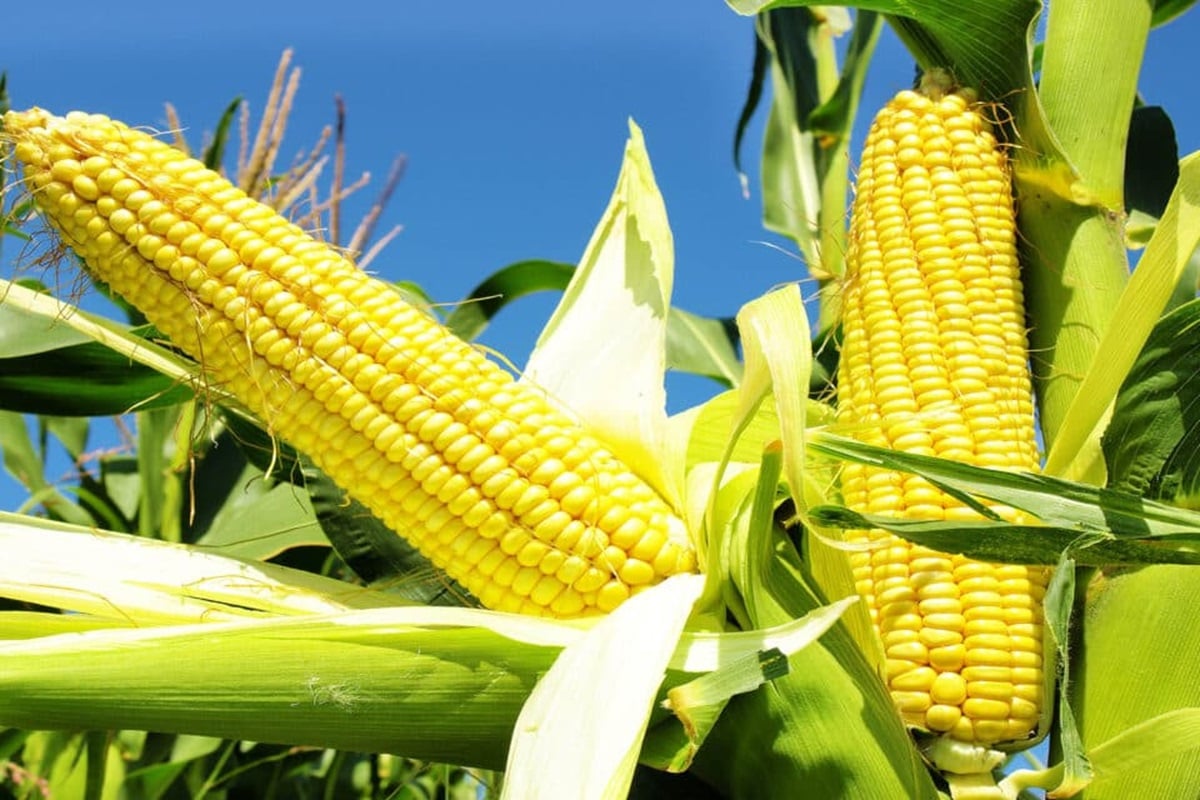As our planet grapples with the effects of climate change, one critical aspect often overlooked is its impact on pollinators. These tiny creatures—bees, butterflies, and other insects—play a vital role in our food production system. However, their activity is significantly affected by shifting weather patterns and altered flowering times. Let’s delve into the fascinating world of pollinators and their crucial role in sustaining our food supply.

The Pollinator Crisis: A Global Concern
Pollinators are essential for the fertilization of flowers, enabling them to produce fruit and seeds. Without effective pollination, many crops crucial to human survival could fail. Researchers from institutions like The University of Texas at Arlington and the University of Nevada, Reno have been meticulously studying the long-term effects of global warming on plant-pollinator interactions.
The Great Basin: A Living Laboratory
The Great Basin, spanning across Nevada, parts of California, Oregon, Idaho, and Wyoming, serves as an ideal location for this research. Its unique geographical features, including protective mountain ranges, create a diverse ecosystem. Home to over 200 butterfly species, the Great Basin plays a vital role in agriculture.
Unveiling the Historical Data
To understand changes in pollination dynamics, researchers collected new samples and examined previously captured butterfly specimens dating back to 2000. The 21-year historical data revealed alarming trends. Habitat loss, fragmented landscapes, and shifts in plant communities all impact pollination services.
Museum Specimens: A Hidden Treasure
Innovatively, the study utilized museum specimens to track changes in pollen over time. By analyzing these preserved samples, researchers gained insights into long-term trends that shorter-term studies might miss. The dynamic interplay between pollinators, plants, and the environment became clearer.
Urgent Call for Conservation
The study underscores the necessity of targeted conservation policies. Protecting pollinators is not just about preserving biodiversity; it’s about securing our food production. As climate change intensifies, we must act swiftly to safeguard these tiny heroes and maintain the delicate balance of ecosystems.
Leave a Reply